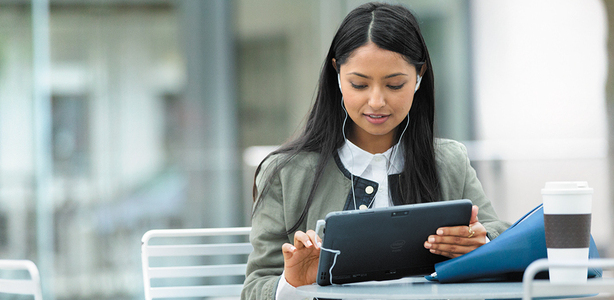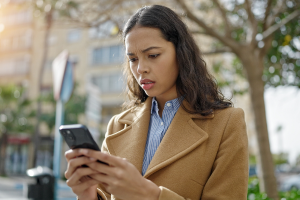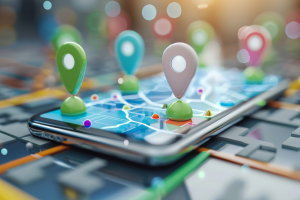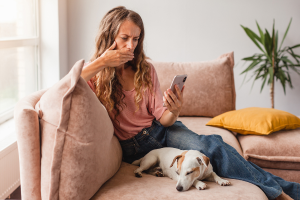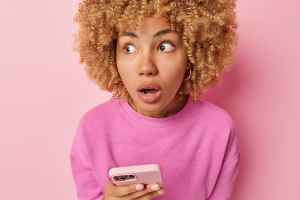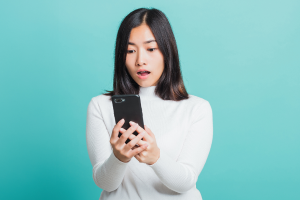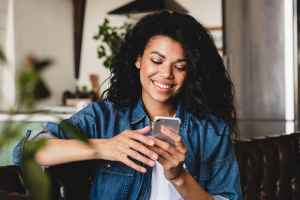In 2016, there’s a ‘who’s who’ of A-list celebrities. No, it’s not who was invited to the Academy Awards or who has a star on the Hollywood Walk of Fame. Instead, this list exists online and in our memories. Celebrities get hacked and within minutes the news floods our feeds and fills the halls. Even the biggest names have been victims of invasion of privacy through data hacks. This type of personal invasion happens to the likes of Adele and Jennifer Lawrence, but not you, right? Think again. You might not have attended this year’s Oscars, but your private information and documents could still get hacked. Hacks can happen to anyone, and in this case, ignorance is not bliss.
Possibly the most notable celebrity hack happened in 2014, when almost 500 private documents leaked in a dark corner of the Internet. But as things go on the Web, the images from that hack spread like wildfire, and were available on dozens of sites within hours. How did this happen? Turns out even J-Law can’t hide from a high-level hack.
This celebrity document leak was done in large part through unprecedented access to personal cloud accounts. Millions store documents, data, and photos in cloud-based services, but this particular hack proved that security is never guaranteed. The cybercriminal behind this leak also used phishing emails to gain login information directly from the victims.
They say every cloud has a silver lining, and in this case, that silver lining is heightened awareness. Because of high profile hacks like this one, news outlets were handing out tips for staying safe like Halloween candy. Here are some of ours:
- Trash Those Passwords. We know it can be tempting to reuse and recycle passwords. It’s just one more thing to remember, but using a lazy password technique is an open invitation to your data. Create different passwords for each service you use, and change them frequently. Trust us, it’s worth the extra effort.
- Twice the Security, Twice the Peace of Mind. Single-factor authentication requires only a username and password, while two-factor authentication (2FA) protects your accounts with a second layer of security. There are a few types of 2FA authentication, such as an SMS text to your mobile phone, prompting you to confirm your login, or even a fingerprint scan. Using only one layer of protection makes it easier for hackers to gain access. The celebrity hacks could have been prevented if the victims utilized 2FA.
- Get to Know Your Cloud Before Moving In. The cloud has some major benefits, but be sure you know what you’re in for when setting up a cloud-hosted data storage system. Always read the user agreement to better understand the details before your documents put down roots in the cloud. If your data is sensitive, consider avoiding public cloud storage. Of course, security is never 100% guaranteed, but virtual storage might not be the best place to upload all of your personal data.
- Say No to Phishing. Phishing is a cybercriminal tactic that aims at accessing personal information directly from users by pretending to be a trustworthy person or business, and asking for personal information. Always be suspicious of emails from phone and Internet providers. Think before you click on links, emails, or suspicious search results.
- Protect With McAfee® Mobile Security. Security software does the work for you when it comes to protecting your mobile device. Upon download, an immediate security and privacy scan starts, and keeps watch when downloads and other suspicious activity takes place on your device. McAfee® Mobile Security is free for both Android and iOS, and keeps your mobile devices safe through a variety of protections.
Your technology stores moments from every aspect of your life, so keeping it secure should be a top priority. Remember, you might not be a celeb, but you could still get hacked.

